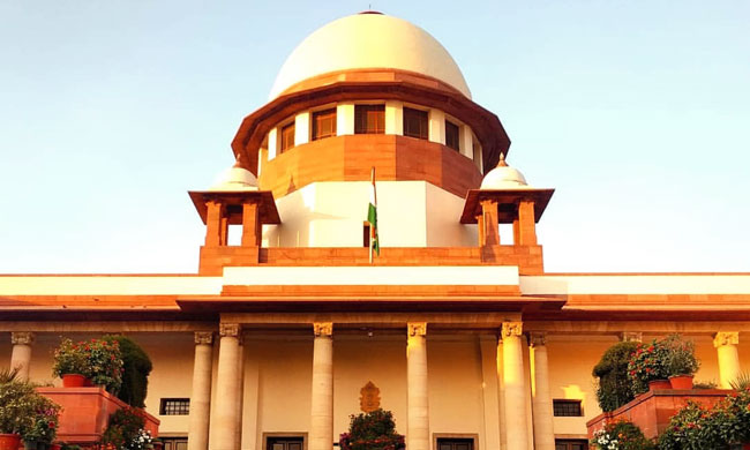The Supreme Court on Tuesday deferred hearing on a string of PILs challenging the Ministry of Home Affairs' notification of December 20 last year authorizing ten Security and Intelligence agencies to intercept, monitor and decrypt "any information generated, transmitted, received or stored in any computer."The petitions, filed by inter alia advocate M.L. Sharma, Internet Freedom Federation...

